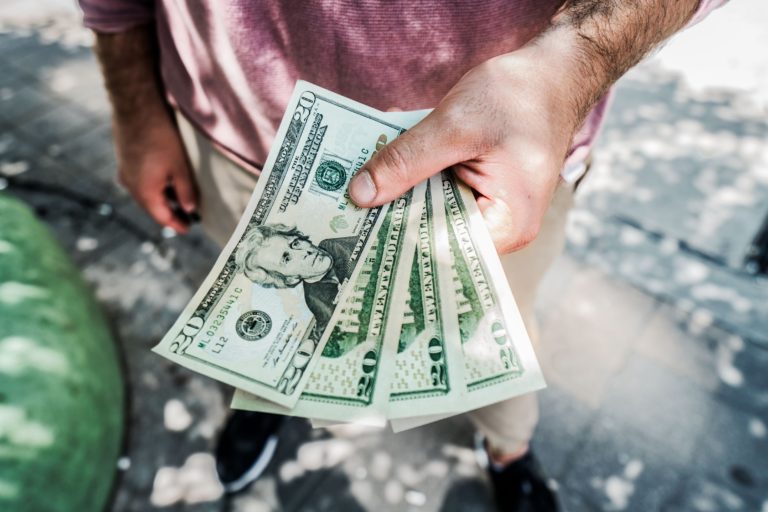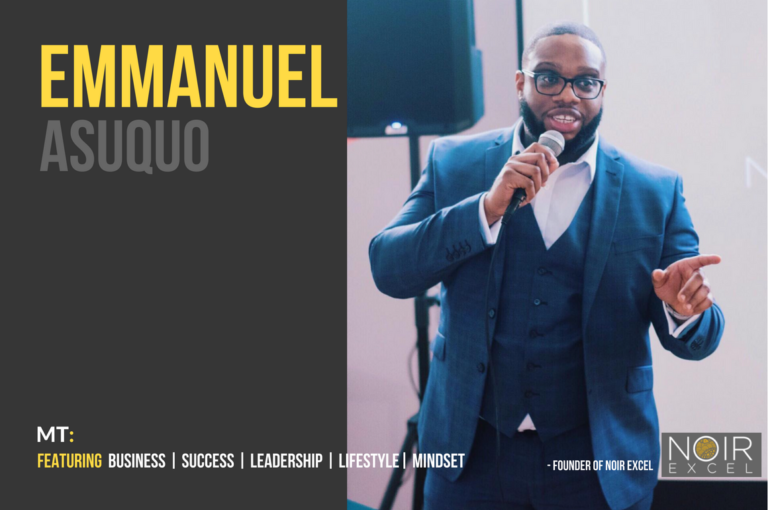What is money?
Many people feel as though they are in possession of money, or rather they have a lack of it. The truth of the matter is that most of us don’t have any money at all, rather we have something known as currency. To give you a very simple definition of the difference it can be explained as follows:
- Money is an agreed, standardized, and valued trading tool to create wealth in the form of material possession and time
- Currency is an accepted or common way of trading goods in the form of a paper/note agreed as a public or private debt
What’s the deal with money?
So do we actually have money in circulation? Not really, we have currency. This means that the more notes being printed, the more IOUs that every owes the banks. Quantitive easing is the phenomena where currency notes are continuously printed to put “false economic value” back into society for particular government projects etc. For every note printed, a new debt is created, in addition to interest upon that payment. If the first ever bank loan created generated the printing of paper notes with interest, think to yourself, can that loan ever be paid back? The short answer is no, more money would need to be borrowed to pay it back and it would continue this way. The system will be forced to crash because someone is owed money back, they are receiving no value in return, in addition, consumers will have increasing issues with affordability, there will be less demand for public jobs and increased demand for privatisation, and there will be increased unemployment (these are some residual signs that may occur). What happens next? Well there may be many scenarios where many people may be forced to pay back debt that doesn’t exist, people’s bank balances will look dramatically smaller as money disappears, a new form of asset or value base would need to be created to set value for money, the affluent organisations and governments may use currencies to create a standardised weight of currency, delaying the time for the crash to happen.
Money and Power
Many governments act as if it is fine to continuously borrow more money and create more debt when really it creates a huge burden on future generations. Even though money is a transfer mechanism, it has allowed people to believe it creates power, and it does, as long as the masses believe it has power over them. However, if they fail to believe this notion it has no power. Oil companies and the energy business are a big reason for the power money creates in some people’s lives. Just think, if we used renewable energy our lives would not be heavily dependant upon money as a form of power and control, rather it would be more dependant upon how technologically advanced our civilization is. Think about it carefully.
People have been conditioned to want debt, YOU, I and everyone!! It’s crazy to think about it as debt but that is exactly what it is. At least 97% of “money” or should I say “currency” is digital, leaving the remaining 3% physical paper notes. As the information and technological age advances, and the government, political and economic pressures increase so does the need for money to satisfy the lifestyles and demands of the people in society. It is clear to many that we suffer as a society from financial intelligence and there needs to be a platform to allow us to understand it.
Breaking it down…
Before we look any further we must, first of all, realize that money is truly a transfer mechanism, a trading tool that converts digital numbers into extra time, material objects, creates increased choices, and can generate a way of thinking. It would not have the “value” it has without the “respect” we give it or the acceptance that it holds as an idealised form of “power” over our lives. It will never have any true value at all, but the reality is that we treat it as it does. So what we can do is understand ourselves in our current states, i.e. determine our value as we are now and decide on a definite purpose to work towards. This way we can create true value whether it be through money, currency or not. It is very important to understand:
- What is your WHY in life?
- What is your vision in life?
- What plan do you have in place to get to your vision?
- Are you accountable by anyone?
- What are your good and bad habits?
- How do you manage your habits?
- What you do you do to personally develop?
- How do you become motivated?
- What are your assets and liabilities?
- What does your cashflow look like?
- What books do you read on financial intelligence?
- What courses do you go on for financial intelligence?
- What groups and societies do you go on to develop financial intelligence?
- What do you watch that educates you on financial intelligence?
- Are all your friends financially broke?
- Are your family members financially broke?
- What benefits and positives do your bank(s) give you?
- What are you doing to manage, create, and increase your wealth?
- What would you or do you invest in?
- What business do you want to do?
- What career do you want?
- What is happening in the economy with regards to currency and the energy business?
- What is happening politically in the world and in your local area?
This is by no means an exhaustive list, however, it’s a start and something you can look at and address. To answer these questions effectively, write down the answers to them, and if you don’t have an answer commit to investigating the answer writing it down within 48 hours. This effectively is your basic plan to understanding and wealth creation.
So this is it, none of us has money, rather we have currency. They seem identical but the huge difference between the two is that money has value or is based on an agreed value, currency is a tool for elongated debt that will eventually make an economic system go bust. Create real wealth for yourself, be informed by what is happening in the world, and understand what you can do to not just survive, but thrive!







